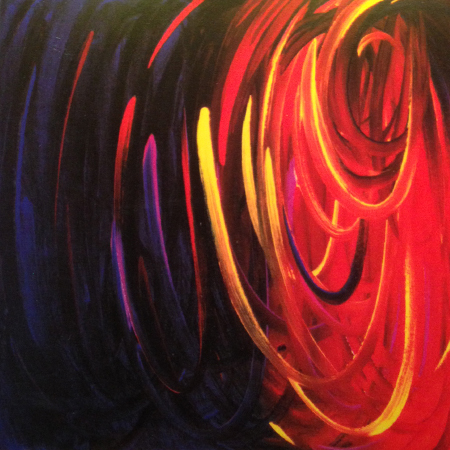Owning Our Grief
When healthy, our body works as a synchronous, integrated system. Psychological health is the same. A fragmented mind and personality is viewed as unhealthy. Knowing our self, acknowledging what is true about who we are, and an integration of mind, emotions, and personality is considered a sign of health. Living true to what we think and feel, and being psychologically integrated allows us to relate with others and the world in a optimum way.
Owning what is true about our essential human self and our unique personal self is fundamental to integration and wholeness. The fact that grief is a universal, essential quality of being human is the compelling force for owning our grief and attending to it. Denying and avoiding our unique response to loss and separation necessitates a denial of our basic humanity. By definition this is a disowning of an essential quality of self, and therefore a fragmentation of who we are. This fragmentation is unhealthy and leads to suffering.
This type of suffering is usually in the form of depression, unhappiness, loss of meaning and purpose, fearfulness, anger, and feeling alienated. Lack of, or unsatisfying, relationships, feeling worthless, alcohol and substance abuse, psychological and social problems, complaints about physical health, and collateral losses often accompany this suffering. Owning our grief is a crucial step toward addressing the basic human suffering inherent in loss. It is a preventative measure against the suffering associated with denying and avoiding this core human trait.
What does it mean to “own our grief”? In its most basic sense, to own our grief is to acknowledge the fact that our grief exists and that it belongs to us. It is ours, not some alien force imposed upon us that we must exile. It is unfortunate that for so many of us in modern society the admission and obviousness of our vulnerability to loss and being in the pain of grief is an embarrassment and source of shame. This shame, along with the social stigma associated with grief, keeps us from owning what is ours and deriving the benefits of ownership.
Owning our grief with honesty about what is truly lost, and what our pain is, affirms and honors the meaningfulness of our connection to the one who has died. If, in the end, we cannot own our experience of loss of another, and therefore fail to honor our connection and relationship, what meaning can there be to our lives? Without a sense that our deepest connections and relationships are of value, we slip into a malaise of indifference and vagueness about life, if not outright bitterness and anger. What greater evidence of our insignificance than for our deepest connections to others to be treated with disaffection and passing importance.
The drive to form connections with others is inherently human. To experience loss and to die is human destiny. To shun our experience of loss and grief by way of stoicism, bravado, or other façade of disaffection is to devalue ourselves and the foundation of meaningful existence. The power of owning our grief is in its ability to affirm an essential truth about our humanness. By owning our grief, and mourning our loss, we experience the power of personal growth, the expansion of self, and the healing qualities of transformation.
The transformation of grief by ownership and mourning alleviates the suffering associated with loss. It stems the collateral suffering and malaise of meaninglessness associated with glossing over our experience of loss. It facilitates a true moving on into life, enhancing our sense of our core nature and what will bring us joy and meaningfulness.
